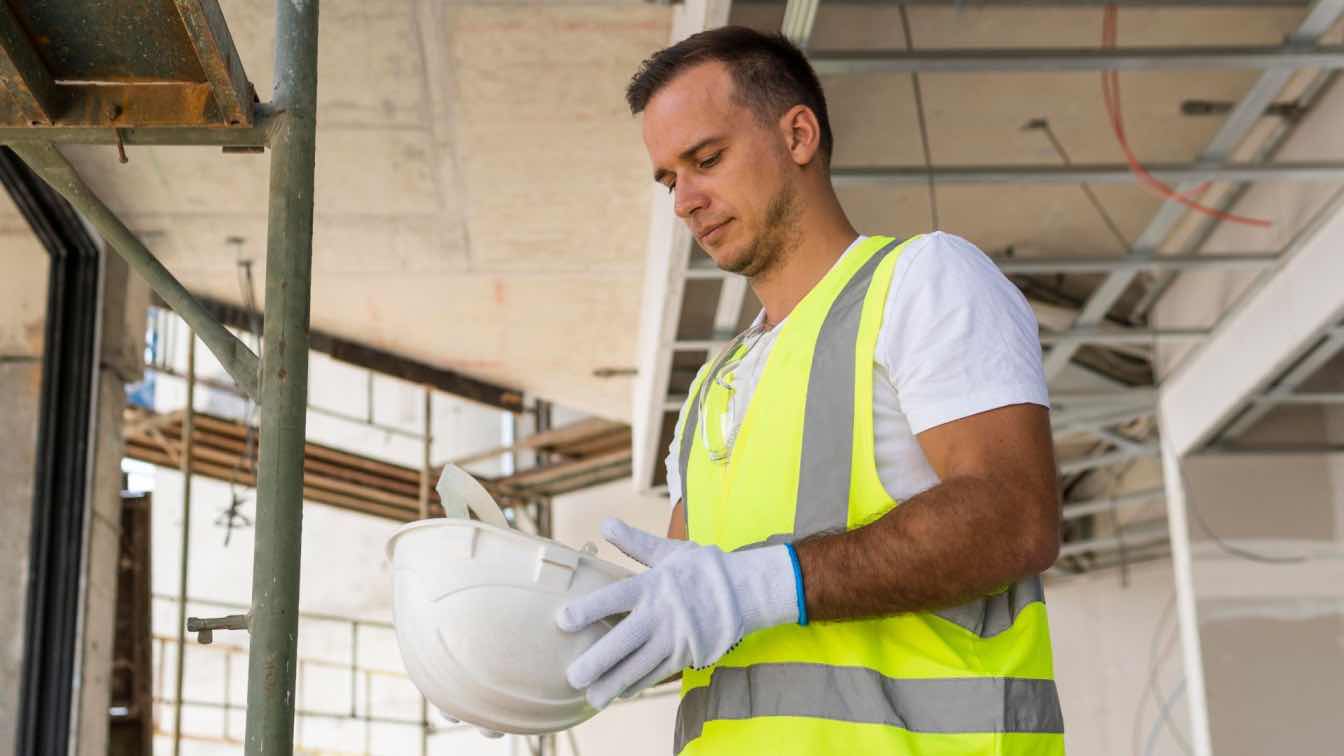Buying a home is an exciting and important milestone for many people, but it can also be incredibly overwhelming. There are so many factors to consider when making such a large purchase, from researching the right neighborhood to choosing the perfect house. That’s why having a homebuying checklist can help keep you on track and make sure you don’t miss any important steps along the way. So here's an overview of some essential steps that should be part of your homebuying checklist before making a purchase - getting pre-approved for a mortgage loan, understanding closing costs and inspections, and more. Let's explore!
1. Getting Pre-Approved for a Mortgage Loan
One of the first steps you should take before starting your home-buying journey is getting pre-approved for a mortgage loan. This involves contacting a lender or a mortgage broker to determine how much money you can borrow to purchase a home. By going through the pre-approval process, you'll have a clear idea of your budget, narrow down your search with SMSF Property Valuations, and adjust your price range. To get pre-approved, you'll need to provide the lender with relevant financial information, such as your income, employment history, credit score, and any outstanding debts. The lender will review this information and assess your financial stability and creditworthiness. Based on their evaluation, they will provide you with a pre-approval letter stating the maximum amount you can borrow.
2. Researching the Right Neighborhood
When buying a home, it's essential to find the right neighborhood that aligns with your needs and preferences. Take the time to research and explore different areas to ensure you find a location that suits your lifestyle. Consider factors such as proximity to your workplace, schools, amenities, public transportation, and safety. Think about the kind of community you want to live in and whether the neighborhood provides the necessary infrastructure and facilities to support your daily activities and future plans. If you are interested in a vibrant and growing community, you might want to explore homes for sale in Wildomar CA, or similarly bustling neighborhoods. On the other hand, if you prefer a quiet and laid-back atmosphere in CA, you might want to research homes for sale in Fallbrook or nearby areas.
3. Understanding Closing Costs and Inspections
Before finalizing the purchase of a home, it's crucial to have a clear understanding of the associated closing costs and inspections. Closing costs typically include fees for the appraisal, home inspection, title search, attorney services, loan origination, and more. These costs can add up, so it's important to budget for them accordingly. Based on the inspection report, you can make informed decisions and negotiate repairs or price adjustments with the seller.
If you need to sell your old house before making the purchase, there are steps that can make the process easier. Find a company that says we buy houses in southern CA or wherever you are to explore quick and convenient selling options. This approach can save you time and reduce the stress associated with traditional home-selling methods, ensuring you can move forward with your plans more efficiently.
4. Hiring a Real Estate Agent
Working with a knowledgeable and experienced real estate agent can be immensely beneficial throughout the home-buying process. An agent can help you navigate the complexities of the market, provide valuable insights about neighborhoods and property values, and guide you through negotiations and paperwork. When selecting a real estate agent, look for someone who has a good reputation, understands your needs, and has expertise in the specific area you're interested in. Take the time to interview potential agents and ask for references from past clients to ensure you find a professional who is the right fit for you.
5. Conducting a Thorough Home Inspection
While a home inspection is typically part of the closing process, it's a good idea to consider conducting an additional, more detailed inspection before making an offer. This extra inspection can help you identify potential issues that may have been overlooked during the initial walk-through. Hire a licensed and reputable home inspector to assess the property thoroughly. They will evaluate the condition of the home's structure, roof, plumbing, electrical systems, appliances, and more. The inspector will provide you with a detailed report highlighting any areas of concern, which can help you make an informed decision about whether to proceed with the purchase or negotiate repairs or price adjustments with the seller.
6. Reviewing the Purchase Agreement and Closing Process
Once you've found the perfect home and negotiated the terms of the sale with the seller, it's time to review the purchase agreement and prepare for the closing process. The purchase agreement is a legally binding contract that outlines the terms and conditions of the sale, including the purchase price, contingencies, and any special agreements between you and the seller. Carefully review the purchase agreement with your real estate agent or an attorney to ensure that all the details are accurate and aligned with your understanding of the transaction. Pay close attention to contingencies, such as financing and home inspection contingencies, which allow you to back out of the contract under specific circumstances.
Buying a home is a significant financial and emotional investment, and having a well-defined checklist can help simplify the process and ensure you don't overlook any crucial steps. From getting pre-approved for a mortgage loan to conducting thorough inspections and understanding the closing process, each step plays a vital role in making an informed decision and protecting your interests. Remember to take your time, do thorough research, and seek professional guidance when needed.





